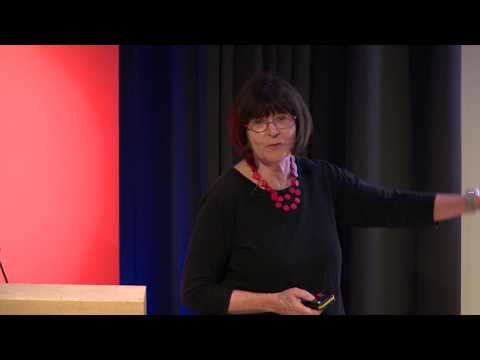Description:
Explore a thought-provoking lecture by Lenore Blum on Alan Turing's contributions to computational mathematics and the foundations of numerical computation. Delve into Turing's lesser-known 1948 paper, which introduces the concept of condition and sets the stage for a natural theory of complexity in the "other theory of computation." Discover how this work influences modern complexity theory and provides a unifying concept for the two major traditions of computational theory. Learn about the connections between discrete and continuous mathematics in computer science, and gain insights into Turing's work on rounding-off errors in matrix processes. Examine the importance of condition numbers in numerical analysis and their impact on computational accuracy. Reflect on the broader implications of Turing's work, including its relevance to contemporary discussions on machine consciousness and the foundations of artificial intelligence.

Alan Turing and the Other Theory of Computing and Can a Machine Be Conscious?
Add to list
#Computer Science
#Complexity Theory
#Mathematics
#Algebra
#Humanities
#Philosophy
#Logic
#Geometry
#Geometric Analysis